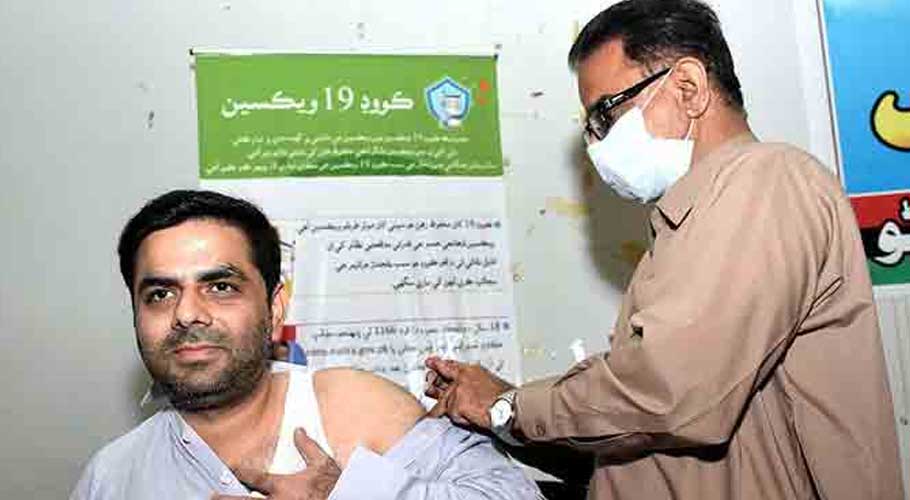The National Command and Operation Centre (NCOC) on Monday decided to increase stringent measures to ensure mandatory vaccination due to increasing number of Omicron variant during the fifth wave of Covid-19 pandemic.
The new South African variant with a high number of mutations has raised concerns among scientists and triggered travel restrictions by a number of countries amid fears of coronavirus transmissions.
175 cases in Sindh
Results of 351 Covid-19 tests conducted under an initiative by the Sindh government to determine the prevalence of the Omicron variant showed that 175 samples were infected with the strain.
This information was shared during a meeting chaired by Sindh Chief Minister Syed Murad Ali Shah, according to a statement issued by the chief minister’s office.
The meeting was told that among the cases found infected with Omicron, few had a travel history, predominantly from the United Kingdom, US, Dubai, Germany, Saudi Arabia, Nairobi and Angola, the statement said.
On December 3, it said, 261 new cases were detected and since then, the infection tally had been showing an upward trend, reaching 403 on January 2.
Country reports over 700 new cases after two months
The results of the 351 test conducted by the Sindh government to gauge Omicron’s prevalence in the province come as Pakistan reports more than 700 new Covid-19 infections after a gap of nearly two months.
During the last 24 hours, the country has reported 708 new coronavirus cases, making it the first time since October 30, 2021 that daily infections have exceeded 700. Meanwhile, the positivity rate has risen to 1.55 per cent, according to the National Command and Operation Centre (NCOC).
What is Omicron?
The world is currently facing a new variant of the coronavirus, which was first identified in South Africa and the province of Gauteng in South Africa became the center of this new variant but now it is spreading all over the world.
In a statement, the World Health Organization (WHO) designated the new coronavirus strain as a “variant of concern,” naming it “omicron” after a letter in the Greek alphabet.
Also called B.1.1.529, the variant has a very unusual constellation of mutations, which are worrying because they could help it evade the body’s immune response and make it more transmissible, scientists have said.
Symptoms
The range of Omicron symptoms is the same as those of other variants Delta, Alpha, Beta and Eta. Here are some indications you are Omicron positive: Respiratory illness; Flu; Fever; Throat pain; Cough; Breathing problems.
Special Assistant to Prime Minister on National Health Services Faisal Sultan said people should protect themselves by wearing masks and get vaccinated because most of the cases are of unvaccinated people.
“Some people talk about their personal experiences and say that they have experienced mild symptoms”, said Dr Faisal. However, he said it is ill-advised to go on what they are saying; only when more cases come forward will we know more about this variant. Do not been taken in to assume everyone will experience the same “mild” symptoms.
Travel ban
Pakistan had placed a complete ban on Nov 27 on travel from six south African countries — South Africa, Lesotho, Eswatini, Mozambique, Botswana and Namibia — and Hong Kong in the wake of the variant’s discovery.
This travel ban was later extended to nine more countries — Croatia, Hungary, Netherlands, Ukraine, Ireland, Slovenia, Vietnam, Poland and Zimbabwe.
Additionally, the NCOC placed 13 countries comprising United States, United Kingdom, Germany, Trinidad and Tobago, Azerbaijan, Mexico, Sri Lanka, Russia, Thailand, France, Austria, Afghanistan and Turkey in category B.
The current situation does not sit well with this foreshadowed crisis. People have forgotten about SOPs, mass gatherings continue unabated, and the vaccination rate seems to have dwindled. There is no denying the fact that vaccination and SOPs continue to be our best defence against Covid-19.


































